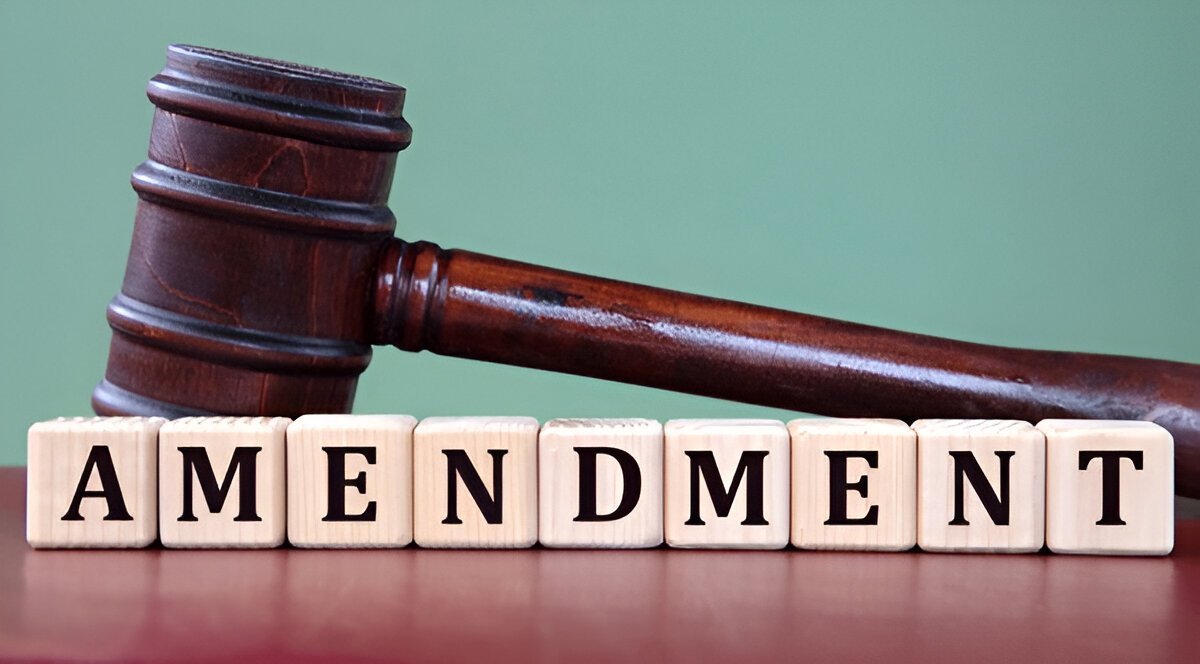The voluntary demolition of an allegedly illegal madrasa in Panna district of Madhya Pradesh has ignited nationwide discourse on the scope and impact of the newly passed Waqf (Amendment) Act, 2025. This incident marks the first such action under the amended law, raising important legal, administrative, and socio-political questions.
Background: The Demolition in Panna
On April 13, 2025, the operators of a madrasa in BD Colony, Panna, voluntarily demolished the structure using a bulldozer. According to reports from The Times of India and Scroll, this action followed multiple notices issued by administrative authorities, prompted by complaints from local residents and BJP MP and state president VD Sharma.
While the operator of the madrasa claims that initial permission was obtained from the Gram Panchayat, the land later fell under the Municipal Corporation’s jurisdiction, rendering the structure “unauthorized.” Officials further asserted that the madrasa stood on government land, violating land and municipal laws.
The Waqf (Amendment) Act, 2025: What Changed?
The Waqf Act, 1995 governs properties dedicated for religious, educational, or charitable purposes under Islamic law. The 2025 amendment, passed on April 4, 2025, significantly alters the governance of waqf properties. Key features include:
- Enhanced Government Oversight: State governments now enjoy greater powers to review, audit, and reclaim waqf properties deemed to be misused or encroached.
- Dilution of Waqf Boards' Autonomy: The amendment limits the discretionary powers of state waqf boards, especially in relation to land allotments and institutional management.
- Mandatory Registration & Periodic Review: Unregistered waqf properties, or those with unclear title, are subject to scrutiny and potential reclamation.
- Stricter Penalties for Encroachment: Encroachments on waqf lands can invite penal consequences, and voluntary compliance is encouraged before coercive measures are taken.
Legal Analysis:
1. Voluntary Demolition – Avoidance or Compliance?
While the demolition was termed “voluntary,” it was reportedly prompted by final notices from local authorities. Legally, voluntary compliance before enforcement may help an operator avoid criminal liability, but does not cure past illegal occupation.
2. Jurisdictional Conflict: Panchayat vs. Municipal Corporation
This case reveals a common legal grey area in India — when rural areas are absorbed into urban limits, prior permissions from panchayats may not hold legal weight. Once an area falls under a municipality, stricter urban building and zoning regulations apply.
3. Illegality of Construction on Government Land
Constructing any religious or educational structure on public land without lawful title or lease violates multiple laws, including:
- Indian Easements Act, 1882
- Madhya Pradesh Land Revenue Code
- Municipal Laws & Building Codes
The fact that the structure remained functional for 30 years highlights regulatory apathy and lack of enforcement.
4. Freedom of Religion vs. Rule of Law
While Article 25 of the Constitution protects religious freedom, it is not an unrestricted right. Unauthorized construction, even for religious use, can be lawfully removed, especially when it infringes upon public interest or land rights.
Wider Implications of the Waqf Amendment Act
This incident is likely to set a precedent for similar actions across states. With enhanced monitoring powers, state authorities may now initiate surveys, audits, and removal of unauthorized structures on waqf land.
The government has argued that this will ensure that waqf properties are used transparently and for genuine community welfare, curbing their alleged misuse under the garb of religious freedom.
However, critics argue that the law could lead to selective targeting, communal tensions, or displacement of institutions serving marginalized groups.
Conclusion
The demolition of the Panna madrasa underlines the changing landscape of religious property governance in India. While the Waqf (Amendment) Act, 2025 strengthens state oversight and ensures better accountability, its implementation must be balanced with sensitivity, fairness, and adherence to due process.
The episode serves as a reminder for institutions managing religious properties to regularize their legal status — including land title, municipal permissions, and board registrations — to avoid future complications.

